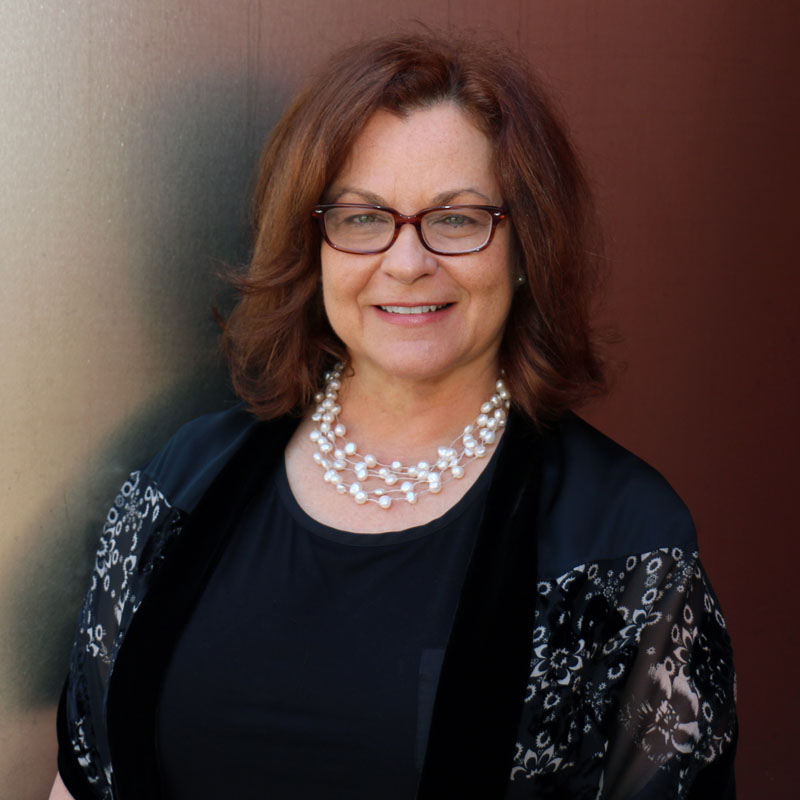For Pioneering Mediation Professor, L.A. is Classroom

In her mediation policy work, teaching and advocacy, Loyola Center for Conflict Resolution (LCCR) Director Mary Culbert ’84 has made Los Angeles her classroom.
With more than a quarter-century of experience in dispute resolution, Culbert has developed the LCCR into one of the first places Angelenos turn when experiencing trouble with a landlord, employer, creditor, healthcare agency or other service provider. In the process, Culbert teaches students skills and techniques that will help them resolve cases as litigators and negotiate deals as transactional attorneys.
“Students find their voice here,” says Culbert, who is the director of the Loyola Center for Conflict Resolution. “They become expert communicators who are able to see both sides of a conflict. Only the best lawyers are able to do that.”
More than that, Culbert has found that students who work at the center develop proficiencies that carry over into their daily lives. “So many students say their lives are transformed here,” she says. “They say their families notice, too.”
A 1984 Loyola Law School graduate herself, Culbert became one of the busiest mediators in the Los Angeles area in the early ’90s as a volunteer with dispute resolution programs operated by the Los Angeles County Bar and the Los Angeles and Ventura courts. Along the way, she has consulted on legislation governing mediation services in the state.
“I’ve been around from the beginning,” she says. As a tribute to her dedication to the field, the Southern California Mediation Association has named Culbert as the 2017 recipient of its L. Randolph Lowry Award, given annually to a member of the dispute resolution community who has inspired the dispute resolution community through her or his passion and dedication to the field.
In 1994, Culbert returned to Loyola as an adjunct professor and founding director of the Disability Mediation Center – the precursor to the LCCR. She’s been at Loyola ever since.
These days, in addition to her class in mediation, Culbert leads the Conciliation & Mediation Assistance Clinic, where students help people resolve discrimination, family, landlord-tenant, consumer and other sorts of conflicts. The LCCR focuses on underserved clients, with special attention paid to clients who speak only Spanish.
Last year, Culbert launched the Dependency Court Mediation Assistance Clinic, where students work with families regaining children removed from the home by the juvenile dependency court. As they co-mediate among parents, child guardians and others — as many as six parties, Culbert says — students gain an inside understanding of challenging family law issues.
Many additional students work as externs and pro bono volunteers at the LCCR, where they can help people who are unable or unwilling to take their disputes into the legal system, both at the center and out in the community.
The center usually has about 400 cases, involving about 1,000 individuals, pending at a time. Over the years, Culbert’s students have provided 100,000 hours of service to about 55,000 people, many of them from disenfranchised communities who have nowhere else to turn for help.
Culbert also offers mediation training programs to lawyers and other professionals who then go on to become certified under the state Dispute Resolution Program Act to mediate in court and community programs.
“A lot of people come here because they like the idea of mediation,” she says. “They like learning how to be at the center of the storm of conflict and remain calm.”
Want to make a L.A. your classroom? Learn more about the application processor register for tour of Loyola’s downtown L.A. campus.